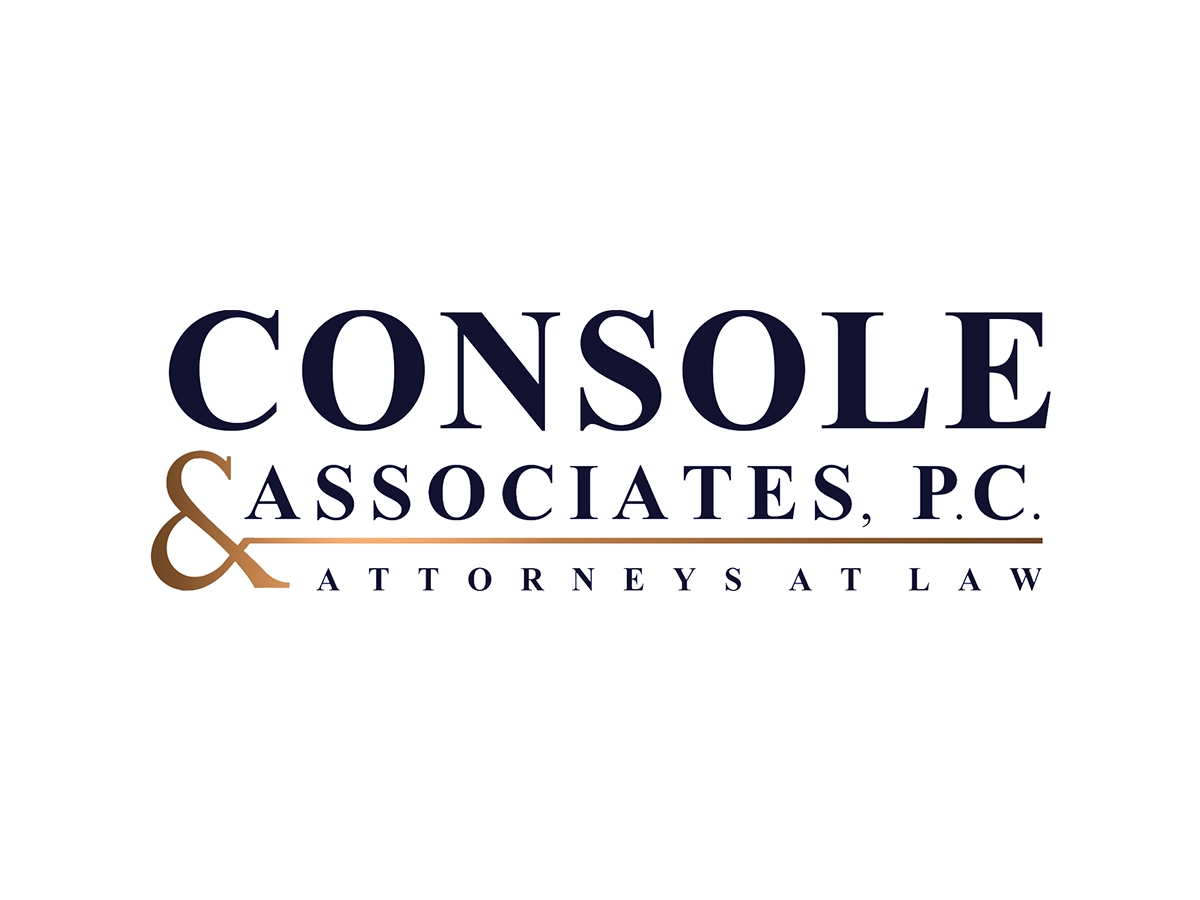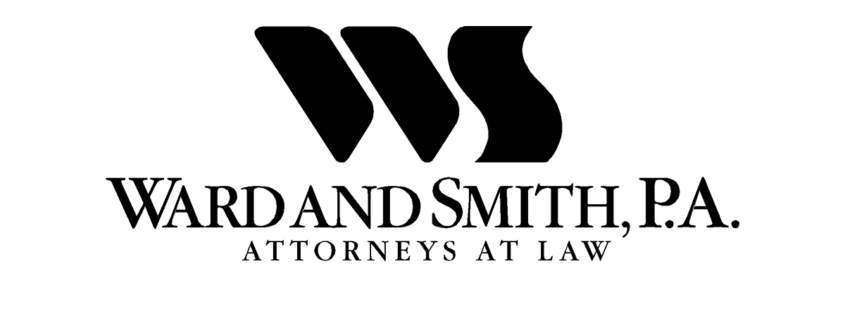Central Licensing Bureau, Inc. Falls Victim to Ransomware Attack, Resulting in Leaked Consumer Data | Console and Associates, P.C.
Recently, Central Licensing Bureau, Inc. confirmed that the company experienced a data breach following a ransomware attack. According to the CLB, the breach resulted in the first and last names, addresses, dates of birth, Social Security numbers and driver’s license numbers of affected parties being compromised. On July 8, 2022, CLB filed an official notice of the breach and sent out data breach letters to all affected parties.
If you received a data breach notification, it is essential you understand what is at risk and what you can do about it. To learn more about how to protect yourself from becoming a victim of fraud or identity theft and what your legal options are in the wake of the Central Licensing Bureau data breach, please see our recent piece on the topic here.
Additional Details About the Central Licensing Bureau Data Breach
According to an official notice filed by the company, on November 29, 2021, Central Licensing Bureau detected a ransomware attack in which an unauthorized party accessed and disabled portions of the company’s computer systems. In response, CLB enlisted the assistance of a third-party cybersecurity forensic firm to further secure its systems and investigate the incident. As a result of this investigation, the Central Licensing Bureau learned that the unauthorized party orchestrating the attack was able to gain access to certain files containing consumer data.
Upon discovering that sensitive consumer data was accessible to an unauthorized party, Central Licensing Bureau then reviewed the affected files to determine which consumers were affected and what information of theirs was accessible to the unauthorized party. The Central Licensing Bureau completed this process on June 10, 2022. While the breached information varies depending on the individual, it may include your first and last name, address, date of birth, social security number, and driver’s license number.
On July 8, 2022, Central Licensing Bureau sent out data breach letters to all individuals whose information was compromised as a result of the recent data security incident.
Founded in 1982, Central Licensing Bureau, Inc. is a company that provides support services to the…

